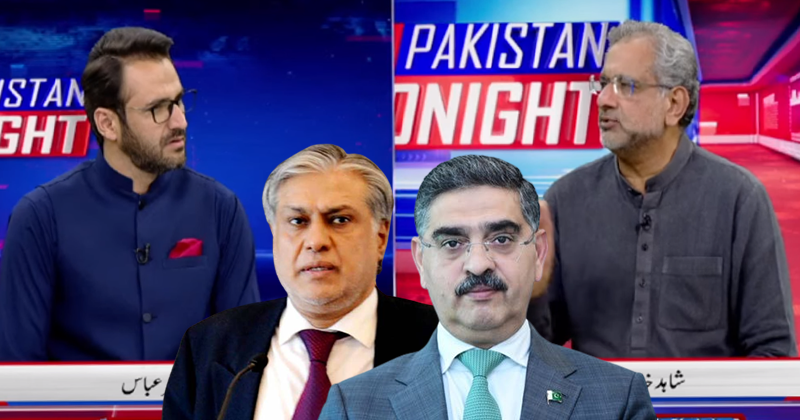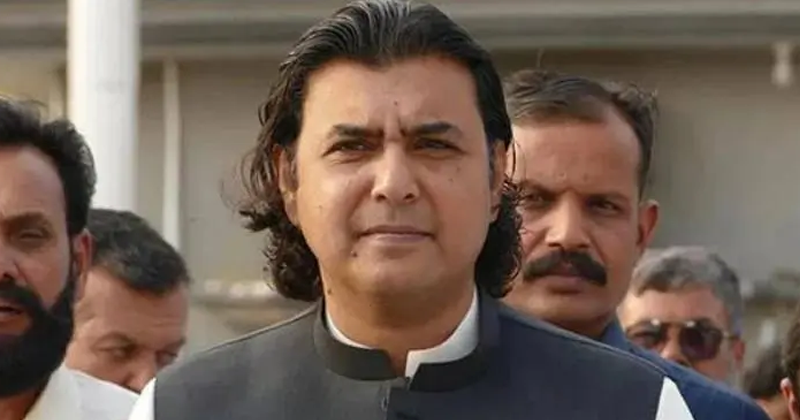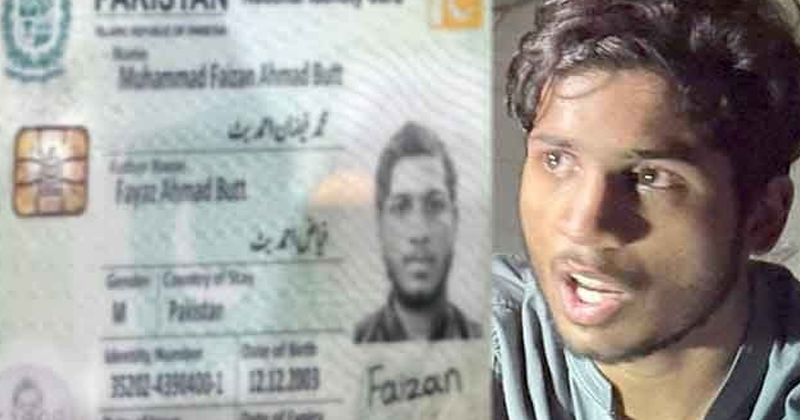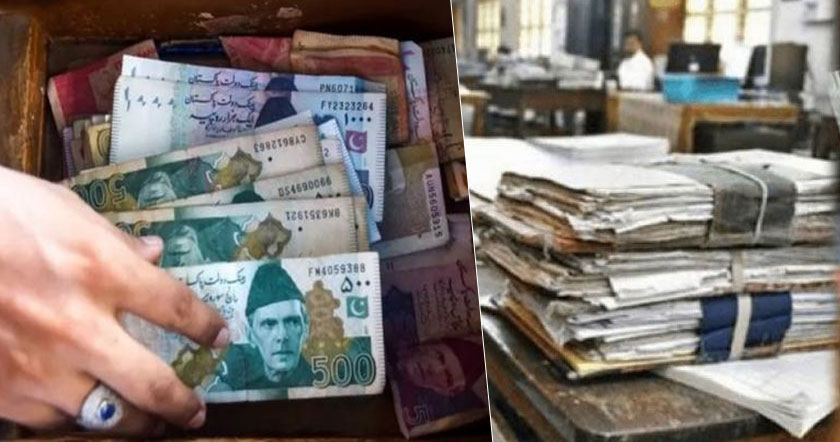ISLAMABAD, Pakistan As Pakistans powerful military leaders seek to overcome extraordinary public criticism after the killing of Osama bin Laden this month in a Pakistani garrison city, they are also facing seething anger in barracks across the country.
Some of the outrage among the ranks stems from shame that the Pakistani military failed to locate bin Laden or detect the stealth U.S. raid on bin Ladens compound in Abbottabad, according to officers and military analysts. But most of it is directed toward the United States, an ally that has given billions of dollars to help sustain Pakistans counterterrorism efforts but is voicing rising concern that the countrys military is not dedicated to that fight.
Members of Pakistans army, which by some accounts is the worlds fifth-largest, have said little publicly about the U.S. raid. But interviews with officers suggest that there is a raucous and broad internal debate one that is unlikely to undermine the institution, military analysts said, but that bodes poorly for U.S. hopes of an expanded Pakistani effort against Islamist militants.
To head off the discontent, Pakistani army chief Gen. Ashfaq Kayani made town-hall-style appearances last week at five garrisons across the country, where he faced barbed questions from officers about the raid, according to some who attended. After a 45-minute address to the 5th Corps in the southern port city of Karachi, Kayani took queries for three hours. Attendees said questioners focused on the perceived affront in Abbottabad and why Pakistan, in the words of one officer, did not retaliate.
In a meeting Sunday with visiting Sen. John F. Kerry (D-Mass.), Kayani relayed the intense feelings of the rank and file, according to a two-sentence military statement. Those sentiments have sparked fears of morale and discipline problems, retired Pakistani defense officials said.
Its never good for a military of that size to have a feeling of resentment, retired Lt. Gen. Talat Masood, a security analyst, said. The discovery of bin Laden, he added, has stung them as much as it has stung the whole world.
Even so, no officers interviewed said the bin Laden killing had convinced them that Pakistan needs to work harder to find terrorists or shift the focus of its defense strategy from archenemy India. Instead, some expressed hope that their superiors would stand up to the United States, by either cutting ties or extracting guarantees of an end to unilateral U.S. actions.
Pakistan should immediately suspend cooperation with the U.S., said one officer in Pakistans north, who, like others interviewed, spoke on the condition of anonymity because he was not allowed to speak publicly. In the lower ranks, anti-Americanism is at its highest.
The United States, officers said, too rarely acknowledges that 140,000 Pakistani troops are deployed in the militant-riddled northwest, tasked with fighting fellow Muslims and compatriots. Nearly 3,000 Pakistani soldiers have been killed battling Islamist insurgents since 2001, according to the army. Recent accusations from Washington about Pakistani complicity with insurgents have prompted fresh reflections about that mission, they said.
They want us to take out terrorists, and thats what we are doing, one lieutenant colonel said. Look whats happening in our cities bombings everywhere. Thats the reaction for what we are doing.
We have no answer
Those opinions echo rhetoric heard throughout Pakistani society. Days after the Abbottabad raid, Kayani and his top generals warned that future raids of this kind would prompt Pakistan to reconsider its alliance with the United States. Parliament and the civilian government have since lined up behind the military, which has ruled this nation for half of its 64 years and still controls foreign and security policy.
But in a meeting with Pakistani news editors Monday, Kayani sounded less truculent, some who attended said. He said that public opinion should not dictate foreign policy and that Pakistan needs its alliance with the United States to remain relevant. He thought the soldiers are confused, one editor said.
The bin Laden incident has also shaken Pakistans senior ranks, within which debate about an army offensive against the militant Haqqani network which the United States has repeatedly requested has raged for some time. The group mounts attacks in Afghanistan from a base in Pakistan, and U.S. officials say it receives support from Pakistani intelligence. Although the Pakistani army still resists taking it on, the bin Laden killing has convinced some top generals of a need for change all around, according to a person familiar with their thinking.
Among the officer corps, there are ripples of embarrassment that Pakistans revered intelligence agency failed to find bin Laden, as well as irritation at air force officials contradictory explanations about why radars did not detect the U.S. helicopters that crossed from Afghanistan to carry out the raid. Some, though not all, complained that superiors had not sufficiently accounted for the various lapses.
This is a really critical scenario for us, said one senior officer in the north. People always look toward our leadership, but we have no answer.
Shame and fury
None of the serving officers interviewed for this report expressed support for the resignation or firing of Kayani or other senior military officials. But there have been rare calls for such moves by prominent media figures, opposition politicians and even military veterans.
On the battlefield, if you commit a mistake, you pay for it with your life, retired Brig. Gen. Saad Muhammad, a security analyst who served 35 years in the army, said of the discovery of bin Laden in a garrison city. Likewise, here, if there were blunders, I want heads to roll.
There is little indication that will happen. Instead, shame and fury within the military is evolving into deeper antagonism toward the United States, an ally already viewed with suspicion by all ranks within the military, Muhammad said. A cutoff of U.S. military aid to Pakistan in 1990 meant that few top Pakistani generals except Kayani studied in the United States, he said, while an Islamist curriculum nationalized in the 1980s under the military dictator Mohammed Zia ul-Haq tilted the sympathies of todays soldiers away from the West.
The officers interviewed voiced no compassion for bin Laden or the militants the army is battling. Neither did those who questioned Kayani in Karachi, attendees said. But at the Karachi forum, the army chief was asked whether bin Ladens wives would be handed over to Americans, a possibility that causes extreme discomfort in Pakistan, where many think Muslims are treated badly in U.S. detention. Kayani replied in the negative.
Kayanis barracks tour helped answer some questions, officers said. But it did not put to rest larger ones about the U.S. partnership, one army major said.
Our people are being killed everywhere . . . for a friend who doesnt recognize that, he said, referring to Pakistani troops. They naturally ask, What are we doing all this for?
Special correspondents Shaiq Hussain in Islamabad, Nisar Mehdi in Karachi and Haq Nawaz Khan in Peshawar contributed to this report.

































